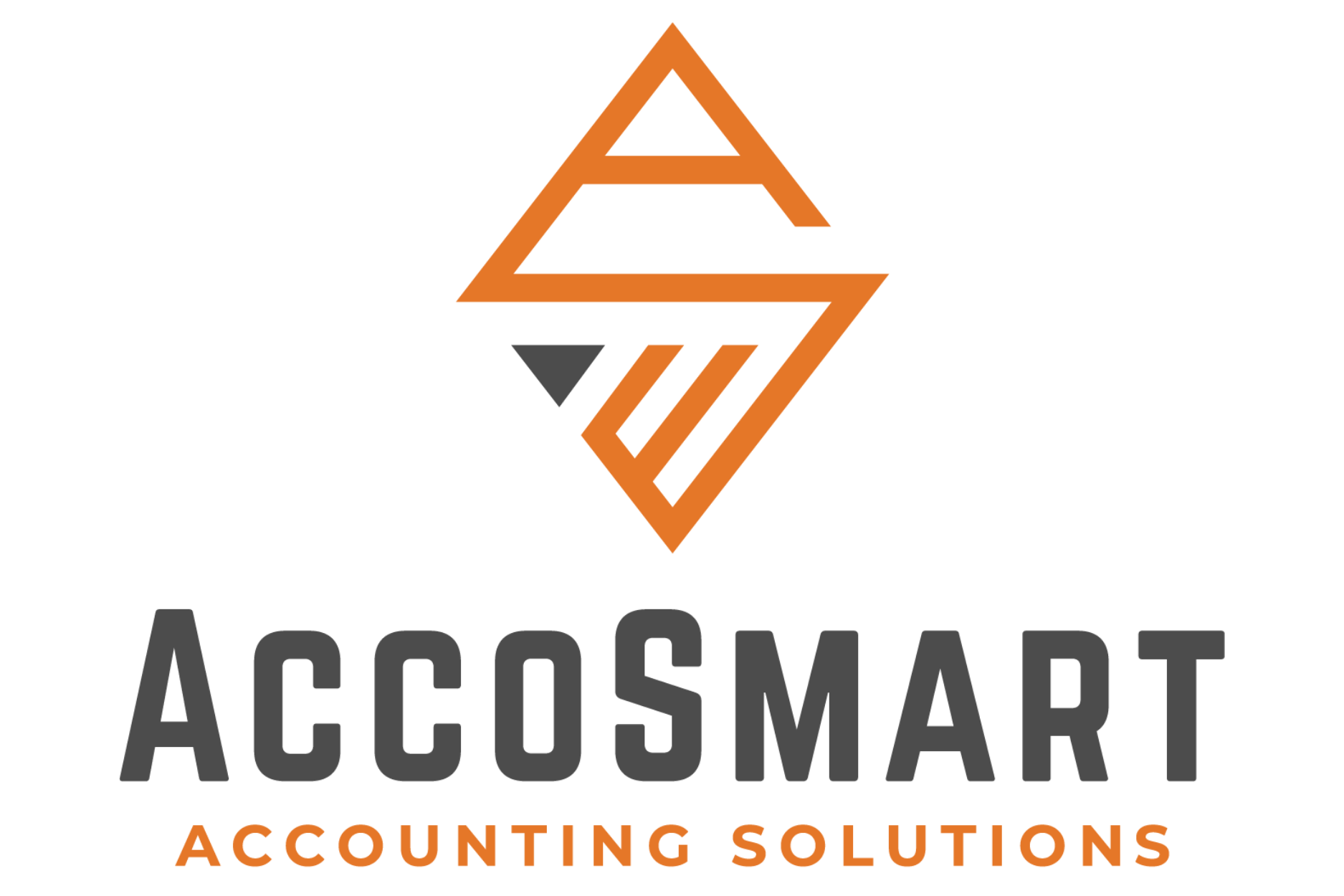SaaS Accounting Services: Introduction & Understanding
In today’s fast-paced and technology-driven business environment, the ability to manage finances efficiently is critical to success. SaaS, or Software as a Service, is a cloud-based model that has revolutionized numerous industries, including accounting. SaaS accounting services provide businesses with an advanced and flexible way to handle their financial management needs, offering an alternative to traditional accounting methods that are often cumbersome, time-consuming, and prone to human error.
Unlike conventional accounting systems, SaaS platforms operate on the cloud, enabling businesses to access real-time financial data from any device with an internet connection. This accessibility, combined with powerful automation features, allows businesses to streamline complex financial tasks, improve accuracy, and ensure compliance with ever-changing regulatory standards. As businesses increasingly prioritize agility and scalability, SaaS accounting services have become indispensable tools for modern financial management.
Why Businesses Need SaaS Accounting Services

Traditional accounting methods, whether manual or based on outdated desktop software, are increasingly inadequate in meeting the demands of contemporary businesses. These methods often fail to provide the flexibility, efficiency, and real-time capabilities that businesses require to remain competitive in today’s dynamic markets.
One major limitation of traditional accounting is the time and effort it demands. Manual bookkeeping and data entry require significant human intervention, increasing the likelihood of errors and consuming valuable resources that could be better utilized elsewhere. Additionally, desktop-based accounting systems restrict access to financial data to specific locations or devices, limiting the ability of teams to collaborate or work remotely.
Compliance with tax laws, such as GST regulations, poses another significant challenge for businesses. Frequent changes in tax laws require constant updates to accounting systems, making manual compliance efforts both difficult and risky. Non-compliance can result in penalties, further complicating financial management.
SaaS accounting services solve these problems by offering a centralized, cloud-based solution that streamlines financial operations. These platforms provide businesses with the tools they need to automate repetitive tasks, access real-time data from anywhere, and ensure compliance with ease. With SaaS accounting, businesses can focus on growth and innovation rather than being bogged down by administrative burdens.
Key Features of SaaS Accounting Platforms
The appeal of SaaS accounting services lies in their robust and versatile features, which are designed to simplify financial management and improve operational efficiency.
- Scalability: SaaS platforms are designed to grow with your business. Whether you’re a small startup just getting off the ground or a large enterprise managing complex financial operations, these platforms can be customized to meet your specific needs. Unlike traditional systems that require expensive upgrades, SaaS solutions allow you to scale up or down as your business evolves.
- Accessibility: One of the standout features of SaaS platforms is their cloud-based architecture, which allows users to access financial data anytime, anywhere. This is especially beneficial for businesses with remote teams or multiple office locations, as it ensures that all stakeholders can collaborate and make informed decisions based on up-to-date financial information.
- Security: Financial data is among the most sensitive information a business handles, and SaaS platforms prioritize its protection. These platforms employ advanced encryption, multi-factor authentication, and secure data backup solutions to safeguard your information against unauthorized access and data loss.
- Automation: Routine financial tasks, such as invoicing, payroll processing, and reconciliation, are automated on SaaS platforms. This not only reduces the likelihood of errors but also frees up valuable time for your team to focus on strategic initiatives.
- Integration: Modern businesses rely on a wide range of software tools, from customer relationship management (CRM) systems to inventory management solutions. SaaS accounting platforms integrate seamlessly with these tools, creating a unified ecosystem that enhances productivity and simplifies workflows.
These features collectively enable businesses to optimize their financial management processes, improve decision-making, and gain a competitive edge in their respective industries.
Industries Benefiting from SaaS Accounting Services

SaaS accounting services are versatile enough to cater to a wide range of industries, but some sectors have embraced them more enthusiastically due to their specific needs:
- Small and Medium Businesses (SMBs): For SMBs, affordability and ease of use are critical factors when choosing accounting solutions. SaaS platforms offer cost-effective subscription models, eliminating the need for expensive infrastructure investments. These platforms also simplify financial management for businesses with limited accounting expertise, empowering SMBs to maintain accurate records and achieve compliance with minimal effort.
- Startups: Startups often operate in fast-paced environments with limited resources. SaaS accounting solutions provide these businesses with the tools they need to manage their finances efficiently while focusing on scaling their operations. The scalability of these platforms ensures that as startups grow, their accounting systems can adapt to handle increased complexity.
- Enterprises: Large organizations manage intricate financial operations across multiple departments and locations. SaaS accounting platforms simplify these complexities by centralizing financial data and automating routine tasks. Enterprises also benefit from the advanced analytics and reporting capabilities of SaaS solutions, which provide valuable insights for strategic decision-making.
By catering to the unique needs of these industries, SaaS accounting services have established themselves as indispensable tools for businesses of all sizes.
How SaaS Accounting Supports GST Filing and Compliance

Compliance with Goods and Services Tax (GST) regulations is a major concern for businesses in many countries. The complexity of GST rules, coupled with the frequency of regulatory changes, makes manual compliance efforts both time-consuming and error-prone. SaaS accounting platforms address these challenges by offering comprehensive tools for GST filing and compliance.
- Automated Calculations: GST calculations involve multiple variables, including input tax credits and reverse charges. SaaS platforms handle these calculations automatically, ensuring accuracy and reducing the risk of errors.
- Real-Time Updates: Tax laws and regulations are subject to frequent changes. SaaS accounting platforms stay updated automatically, ensuring that your business remains compliant without the need for manual intervention.
- Error-Free Reconciliation: Matching sales and purchase data with GST filings can be a daunting task. SaaS platforms simplify this process by reconciling data automatically, eliminating discrepancies and ensuring that your filings are accurate.
- Ease of Filing: Many SaaS platforms integrate directly with government portals, allowing businesses to file their GST returns with just a few clicks. This eliminates the need for manual data entry and reduces the time required for compliance.
By automating and streamlining the GST compliance process, SaaS accounting platforms save businesses significant time and effort while minimizing the risk of penalties.
Streamline Your Finances with Accosmart Account Solutions
SaaS accounting services offered by Accosmart Account Solutions support a comprehensive range of functions critical to modern business operations, including outsourced accounting services, labor compliance assistance, audit support services, and Management Accounting.
These platforms excel in areas such as financial statement preparation, Accounts Payable and Receivable services, tax preparation services, and bookkeeping services, ensuring businesses can manage their financial tasks with precision and efficiency.
By leveraging advanced integration technology, SaaS platforms seamlessly incorporate processes like payroll services, creating a unified system that enhances productivity and ensures compliance. These features make SaaS accounting solutions indispensable for businesses aiming to streamline their operations and drive growth.
Conclusion: Why SaaS Accounting is a Game-Changer for Businesses
SaaS accounting services have transformed the way businesses manage their finances. By leveraging the power of cloud technology, these platforms provide businesses with unparalleled flexibility, efficiency, and scalability. Whether you’re a small business owner seeking to simplify your bookkeeping or a large enterprise looking to optimize complex financial operations, SaaS accounting solutions offer the tools you need to succeed.
As the financial landscape continues to evolve, the adoption of SaaS accounting services is no longer optional—it’s essential. By embracing these solutions, businesses can streamline their operations, ensure compliance, and position themselves for sustainable growth in an increasingly competitive market.
Empower your business today by exploring SaaS accounting platforms tailored to your needs and unlock the full potential of modern financial management.


